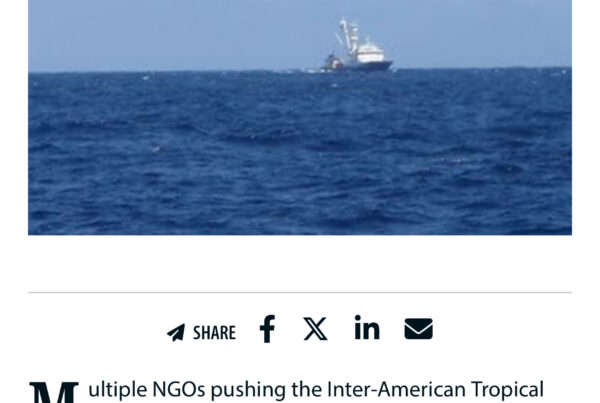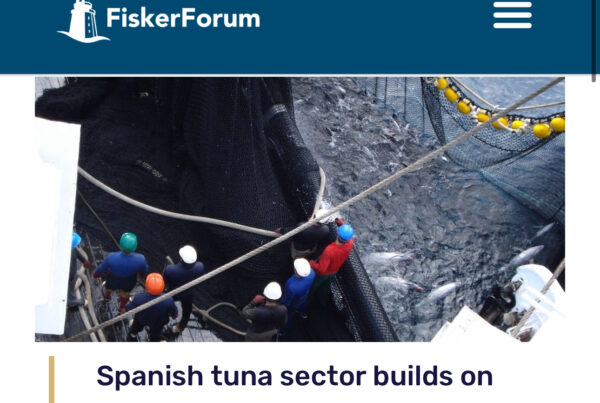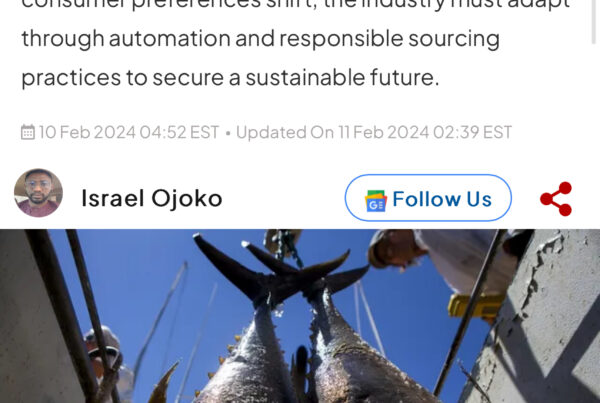The U.S. Interagency Working Group on IUU Fishing, composed of 21 federal agencies, released its wide-reaching National 5-Year Strategy for Combating IUU Fishing. NOAA chairs the Working Group, alongside the U.S Department of State, and U.S. Coast Guard.
Illegal, unreported, and unregulated fishing is one of the greatest threats to ocean health and a significant cause of overfishing. It contributes to the collapse or decline of fisheries that are critical to the economic growth, food systems, and ecosystems of numerous countries around the world. It is also a global problem that disadvantages law-abiding fishers and seafood producers. The U.S. Maritime Security and Fisheries Enforcement Act called for stronger federal collaboration to coordinate efforts to address this and other maritime related threats. Today, the Congressionally established U.S. Interagency Working Group on IUU Fishing, composed of 21 member agencies, released its wide-reaching National Five-Year Strategy for Combating Illegal, Unreported, and Unregulated Fishing (PDF, 32 pages).
U.S. agencies are leaders in building an expanding toolbox for partners to combat IUU fishing, bringing world-wide recognition to the issue through international channels, and making progress through major domestic initiatives. The Working Group reflects the need for a whole-of-government approach to address this insidious problem. The strategy is a result of years-long domestic and international collaboration and private sector and industry engagement. It not only makes tangible and targeted progress towards combating IUU fishing globally, it also realizes a shared vision for sustainable stewardship of marine resources.
The strategy details U.S. priorities and plans over the next 5 years to combat IUU fishing and promote maritime security. It includes measures to increase governmental and regional capacity to implement and enforce domestic regulations and international rules and norms to mitigate the effects of IUU fishing. These U.S. actions amplify the global collective action necessary to address this problem.



